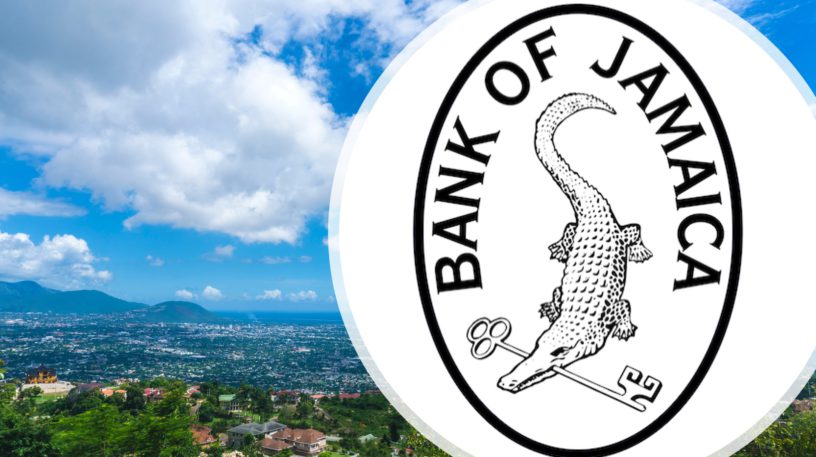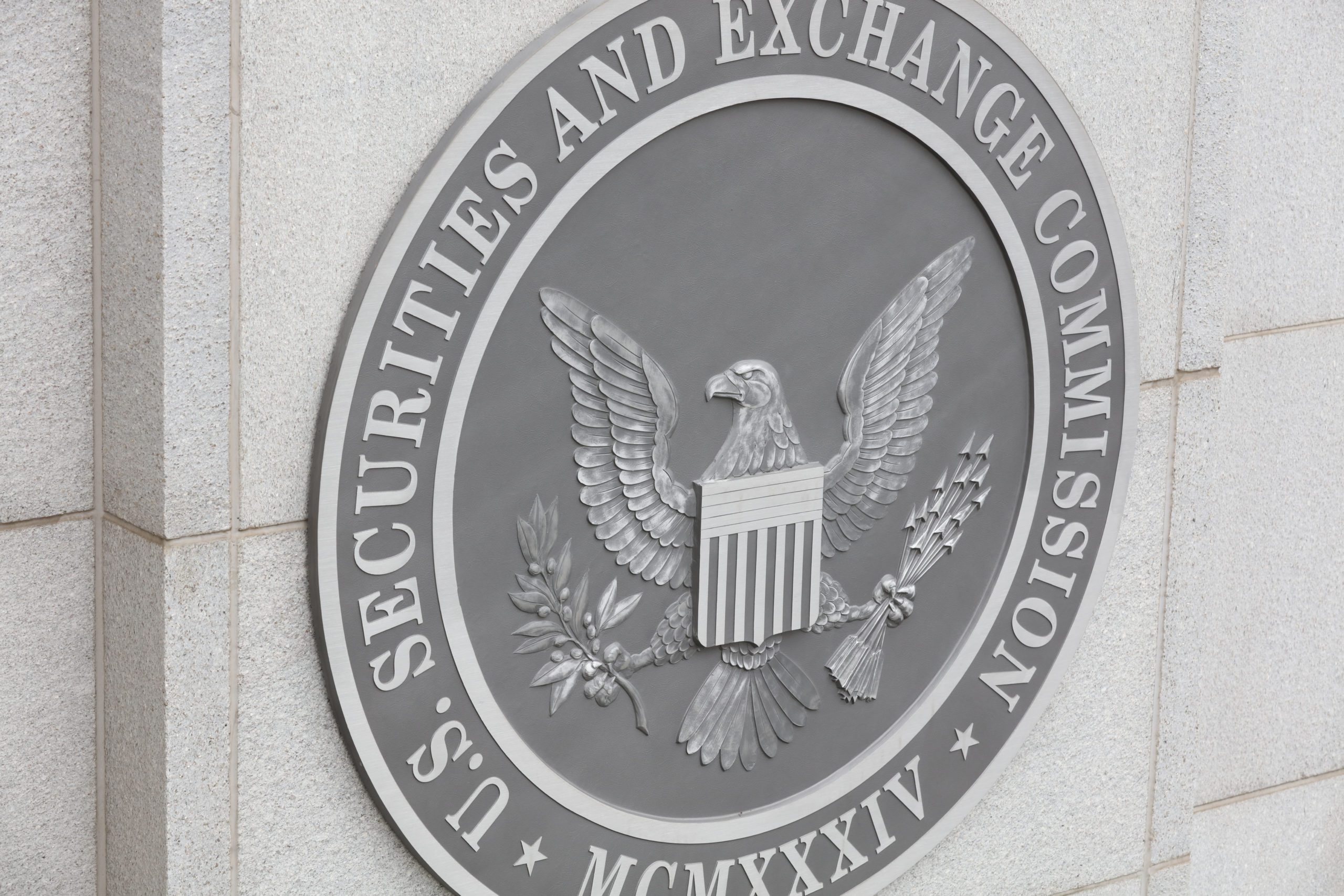By Dan Byrne for AMLi
JAMAICA REMAINS confident that it will disappear from Financial Action Task Force’s ‘grey list’ ahead of a key deadline in September 2021.
Much work has been done by the Bank of Jamaica to ensure that factors leading to the country’s inclusion on the list this year will be dealt with, according to Bank of Jamaica Deputy Director Maureen Simms.
“There are several targets spread across several diverse agencies, and we are working together to meeting and satisfying those targets,” she told the Business Observer Wednesday.
Jamaica was placed on FATF’s ‘grey list’ earlier this year due to perceived deficiencies in its financial crime prevention framework.
The country was deemed to have sub-standard terrorism threat assessment protocols – specifically in the context of charitable organisations – and had not developed a national risk assessment plan to highlight gaps and failures in stopping the flow of dirty money.
As a response, the country has announced that is in the “embryonic stages” of implementing a proper AML/CFT regime that will combat international financial crime.
FATF’s ‘grey list’ – or more actually the ‘list of jurisdictions under increased monitoring’ – currently contains sixteen countries, varying in worldwide location and size.
Jamaica is not the only small island nation on the list – with the Bahamas, Mauritius and Barbados also appearing.
Rather than being a reputational death sentence, the list is an indication that a country has to work do to improve and has agreed to work with FATF to address these improvements.
Countries on the ‘grey list’ may be subject to increased sanctions from other organisations, but this is not a given by any means.
Now the Bank of Jamaica remains determined to rectify the deficiencies that placed them on the grey list in the first place, despite acknowledging that the COVID-19 pandemic has delayed their work.
“As you would appreciate, the impact of COVID-19 has caused some areas to slow down,” said Simms. “Working from home and not being able to carry out on-site supervision – all of these things impact us in the Caribbean.”
She stressed, however, that the bank was finding ways to work around these problems, remaining “laser-focused” on meeting the targets set by FATF.
In October, it was announced that Iceland and Mongolia had been removed from the grey list. Both countries had previously refused a key deadline extension that FATF offered due to the pandemic – and pushed through with reforms regardless.
All other grey-list countries took FATF up on the deadline extension offer.
Share this on:
Follow us on:











